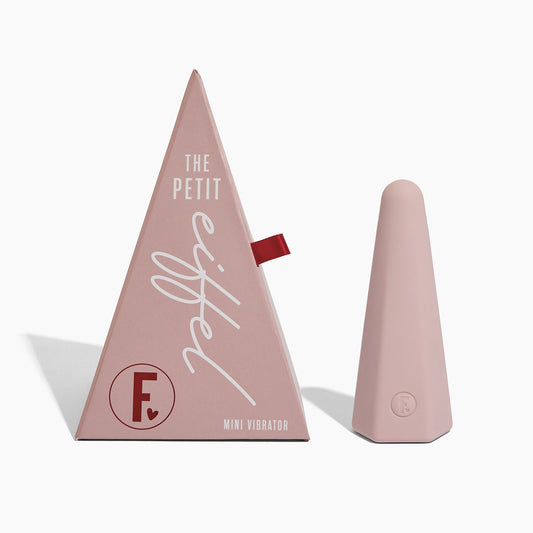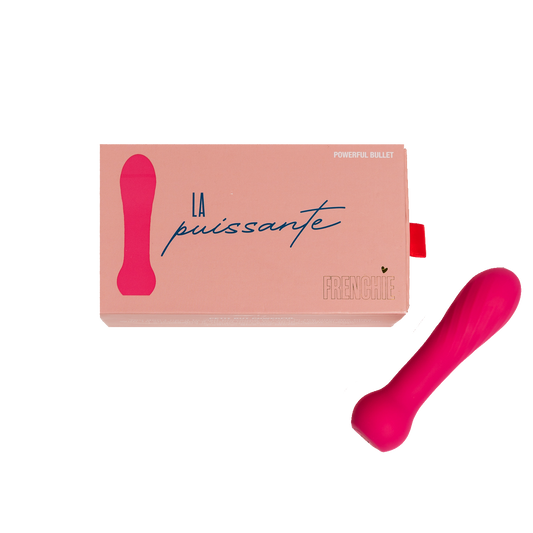A conversation with Tanya Koens
When I discuss the topic of virginity with my clients, the concept reminds them of a time when they just wanted to ‘lose it’, or when it was used against them to make them feel like a prude, a slut, or they speak about the fear of pain, discomfort, or the unknown. So as the concept clearly does more harm than good, I invite people to use a different word to describe their first time.
I’m not the first practitioner (and certainly not the last) to challenge the language we use when it comes to sex. So I decided to speak with my supervisor, colleague and friend Tanya Koens, who is a Clinical and Somatic Sexologist and Counsellor with thousands of hours of clinical experience - literally the perfect person to shed light on this topic. We discuss our thoughts on virginity and invite a new way of thinking about your first experiences.
First things first - what is virginity?
The term generally refers to someone who has never had sex, though as with most things when it comes to sex - it isn’t as simple as that. There are many different ways to do it and sex means different things for different people. I often hear the assumption that you’re a virgin until you’ve had penis-in-vagina sex for the first time, but this is a very a heteronormative and exclusive understanding as we know that penetration is only one way to have sex, more on this soon.
Tanya says, ‘Historically virginity is such a loaded term, it’s something you keep, or you give or is taken from you, and all of these words don’t sound very sexy to me.’ When I hear Tanya say these words I can’t help but think of the power dynamics at play here, and to what degree autonomy and pleasure is valued. Tanya adds, ‘When it is this outcome focused, we lose sight of pleasure. Don’t think about just the goal, think about the whole experience.’
Interestingly Tanya shares she’s noticing her clients are getting younger, and they are experiencing more fear and stress around their first experience. So let’s jump into the ways in which the concept is letting us down - and end with a way we can reclaim the way we choose to explore pleasure.
Virginity is heteronormative:
Tanya shares, ‘When penetration becomes the gold standard by which you judge a sexual experience, whether you are a virgin or not, this becomes a heteronomative and cis male view on sex and this leaves out a large group of folk’. I’ve noticed similar experience with many of my queer clients who will often be told ‘oh you haven’t had sex with a penis - lucky you you’re still a virgin’ or ‘how do you know when you’ve had sex for the first time?’ This values LGBTQI+ community as a less legitimate sexual experience. Human beings have a glorious variety of wants, needs and preferences. Sex can mean very different things to different people. The most important thing is doing what feels right for you - so let’s ditch the idea that sex = P in V once and for all!
"lets ditch the idea that sex = P once and for all"
Keeping the hymen intact
There is a misconception that the hymen is kinda like gladwrap, that upon penetrative sex a seal will be broken. This is simply not true and is physiologically incorrect. The hymen is a membrane surrounding the vaginal opening. Everyone with a vulva will have a different hymen, they are made up of folds of tissue and come in lots of different shapes, formations and sizes. Tanya says ‘Just like everyone’s genitals are different, faces are different, bodies are different, hymens are all different too.’ The myth is that an ‘intact’ hymen means that someone is a virgin and a torn hymen indicates that someone has had penetrative sex. Though these tears can occur due to a range of other life experiences like inserting tampons, playing sports, masturbation and nothing specific at all.
The link between hymens and virginity is a social construct. You can’t tell if someone has had sex by looking at their genitals - the shape and size of the vagina doesn't change size with penetrative sex, nor does the hymen change from penis-in-vagina sex.
Losing your virginity will be painful
Your first time should not involve unwanted pain. Tanya supports her clients in creating a sense of ease, ‘I’m seeing a lot more young people who are concerned about the pain they may experience when having sex for the first time. I don’t know where this myth comes from. Your first sexual experience doesn’t have to hurt. It may feel uncomfortable if there isn’t enough foreplay, or there isn’t enough warming up, or people don’t understand how their bodies work.’ Which is why it’s important everyone has access to inclusive, useful, shame free sex education.
If you are experiencing pain during sex stop, slow down, and speak with each other to ensure everyone is having a good time. And if the pain is ongoing it may be useful to seek professional support.
Lets celebrate the spectrum of firsts
I love Tanya’s approach to celebrating a range of new sexual experiences throughout your sexual career; she shares that you can celebrate your first sexual experience with someone else, first orgasm, first kink experience, first time someone goes down on you and you don’t feel self conscious, first time you masturbate. This allows for many sexual debuts, and it takes the pressure and fear of that ‘one time’ needing to be perfect.
“We’re changing language around gender, we’re changing language around bodies yet we’re keeping this really antiquated term virginity alive - and for what reason? Who is benefiting from this?” and I agree with Tanya - we need to take back the term and choose to define a new or first experience however you want - this is for you to choose, not society. You have control and power over your sexuality and how you choose to identify as a sensual or s*xual being.





